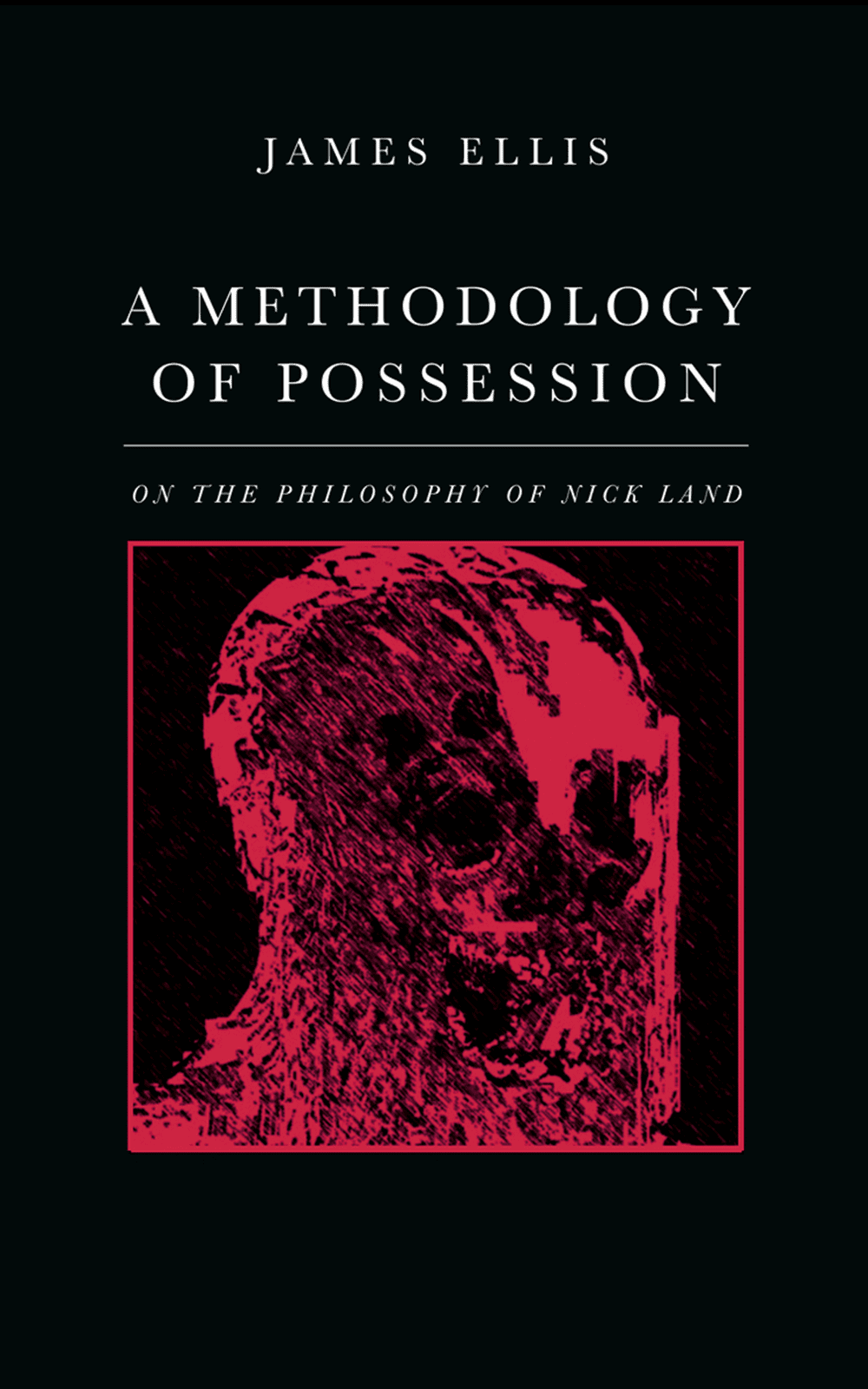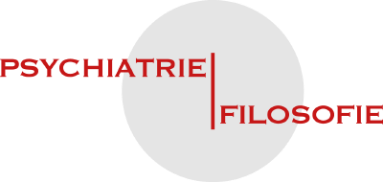Review by Wouter Kusters
James Ellis
A Methodology of Possession
On the Philosophy of Nick Land

This layered narrative, this hypnotic account, tells at first sight the vicissitudes of a disillusioned philosophy student who shuts himself off from the world in solitude, then loses his way completely, and enters a macabre psychotic state.
Start-up
The psychosis seems to have been triggered by social deprivation and asceticism, but also by intensive preoccupation with esoteric ideas. After the narrator has undergone an unspecified occult ritual, all brakes are released. He loses all contact with the everyday common world of ordinary communication and mutual understanding and recognition. Then follows a hallucinatory journey through his city, in which he sees - in a paranoid-schizophrenic state of mind - identities and appearances of other people change into monstrousness and decay. In an intoxication of fantasy, inner and outer dialogues, and possessed by an occult character, the protagonist embarks on Königsberg (Kaliningrad), the former homestead of Immanuel Kant. There the hallucinatory perception takes on an increasingly conceptual flavour, and the narrator slips further into a vortex of time, space, (un)reality, deeper into a magical world. In a third phase he goes through many cycles of life and death; flesh, spirit and word permeate each other, beyond an unbearable point, beyond the limits of humanity, after which he then finally 'wakes up', is back home again, as of old: everything has changed, and nothing has.
Acceleration
As far as this first layer is concerned, this story is related to schizophrenic (self) reports, such as those of Daniel Schreber, Antonin Artaud or as we see recorded in Ronald Siegel's Whispers . In fact, the text transcends and undermines such introspective descriptions of 'what happened'. Because of the short duration of the episode, the abrupt beginning and end, the reader starts to suspect that this is not a typical psychosis, where the onset and the end are usually more gradual. Perhaps it is a literary expression of a hallucinogenic trip, or the description of a nightmare, the manual of an occult cult? As far as the oppression, alienation and analytical (self) observation are concerned, it looks more like work like that of Henri Michaux.
When we are on this second layer, we realize we've been fooled. Everything is made up, just as in work of authors like Peter Buwalda, Virginia Woolf, Sybren Polet, Philip K. Dick, psychosis is also very well imagined. On this second layer, the book is a work of art in which universal experience, universal fears, desires and the human condition are encrypted. While on the first layer we could still think that it concerns the experiences of those who are alien to ourselves, who are sick, disturbed, mentally insane, in this second layer we arrive at aesthetic pleasure by means of a kind of horror-like coming of age story, and we reach understanding and compassion - with ourselves and the other. story, and we reach understanding and compassion - with ourselves and the other.
We never come back
But then, anyone who reads and sees beyond and through the detached contemplation and the black aesthetization , ends up on the final conceptual-philosophical level. There it turns out to be neither a report of a psychological break-down, nor an entertaining commodity for circulation on the market of well-being and happiness. On that third level, this is an argument: a discussion and reflection on the illustrious, controversial, post-Deleuzian pope of the contemporary movement of accelerationism, Nick Land, on the basis of a number of enigmatic quotes from his work. A discussion with heart and soul - which are sacrificed; analytical, cutting like ice, consistently and consistently philosophizing, self-despised. With themes like those of Cioran and Bataille, with the conceptual means found in Kant - Kant as the beginning, as the end, as the despair of modernity - and Nietzscheanly thought through, refueled and burned out far beyond Deleuze and Guattari's schizoanalysis experiments. Pointing mercilessly to point zero.
There is no going back from this third level.
There is no way.
Price: 8,= / 12,50 euro (kindle/paperback).
Order e.g., here: https://www.amazon.co.uk/dp/B08N3MYPX3?ref_=pe_3052080_397514860
